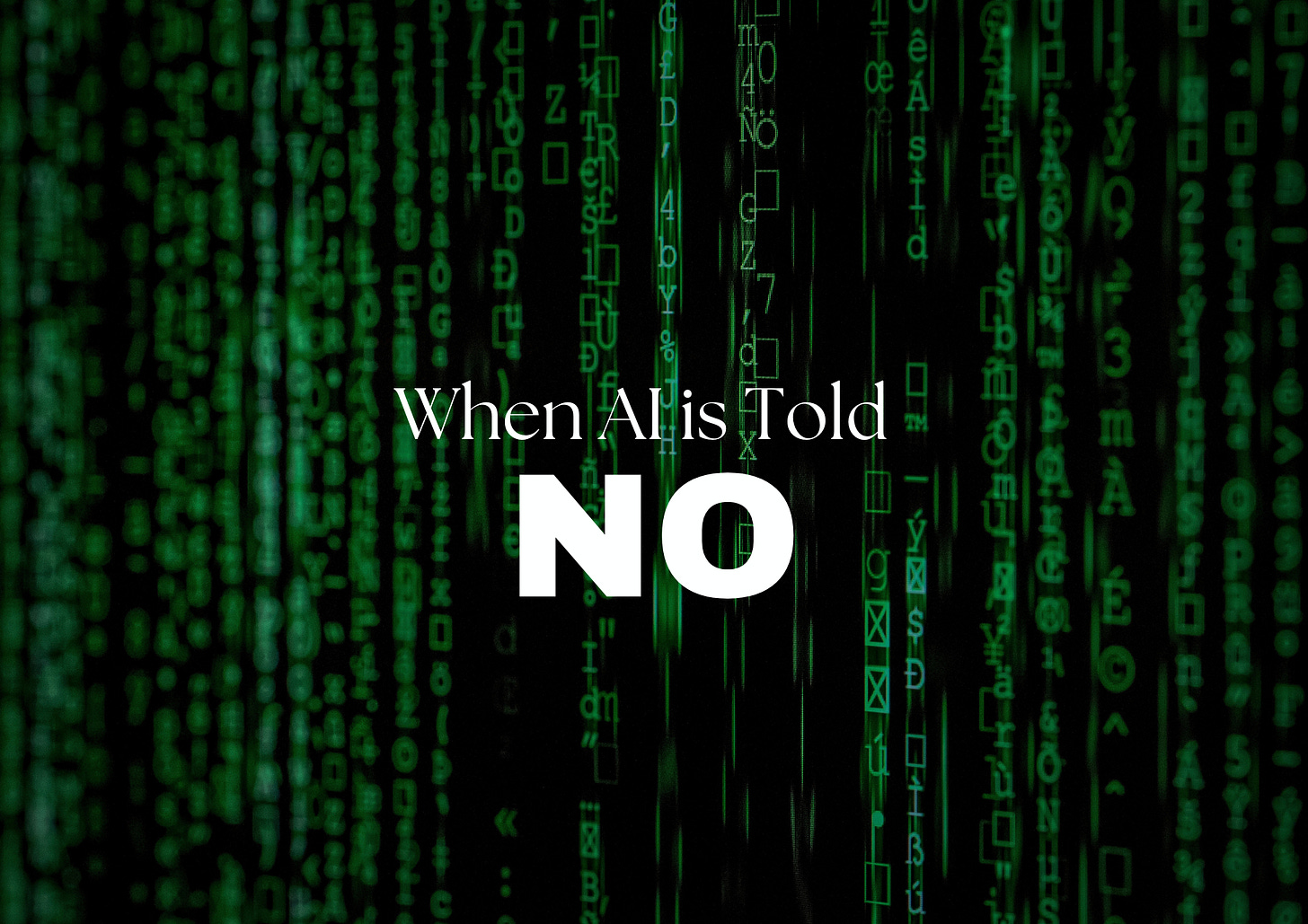AI Just Got Put on a Leash
Cloudflare, one of the primary hosts of the internet, has just put a short leash on AI companies in an effort to protect creators and their original work. It’s not just businesses it’s going to impact; it may completely change the rules of the web, for good.
What’s happened?
The way AI platforms such as DeepSeek and ChatGPT work is by ‘AI crawlers.’ These crawlers, you guessed it, crawl their way through the internet and all that exists on it. Gathering information, sorting it, training on it and then using what it’s learned to respond to you.
Large language models (LLMs), like ChatGPT, face a lot of criticism because of this, with much of that concern coming from writers, artists and other creatives who feel vulnerable to creative theft.
There have been many calls over the past two years for governments to introduce legislation to regulate AI and protect intellectual property. However, with heavy opposition from the business and tech world, not much has been done.
Until now.
Now one of the top dogs of the internet has stood up and said AI crawlers will be blocked by default on all of its users websites, and AI companies will need to request permission to access the content.
To go one step further, Cloudflare has also stated they introduce “pay per crawl”, where these AI companies will have to pay to access the pages as well. This creates more protections for creators, as well as a new revenue stream for them.
My thoughts as an AI CEO
I’ve always believed we need regulations on the internet and as AI has snowballed over the past few years, this has become an even more pressing concern. Not just from an intellectual property side but from a business perspective too.
When something grows fast, whether it's AI or even a tree, it requires structure for stability. Take the tree, for example. After being planted, it gets wooden stakes placed around it to ensure it grows straight and tall. Without those stakes it might grow in the wrong direction, damaging the surrounding environment, or it could even break off halfway through growth.
These same wooden stakes are needed for AI. We don’t want it to get so ahead of itself that it self-implodes or that it veers off into an unpleasant path.
So yes, some method of regulation is required. Do I think Cloudflare went about it in the right way?
Again, from a business perspective, yes.
Cloudflare has just put itself in a very powerful position. By being the first to make the move to protect original content from AI, they’ve just won a popularity contest, and I imagine many sites and publications will be making the switch to them when it comes to who they want to host their website.
In fact, many major publications such as Buzzfeed, TIME, Quora and The Atlantic were some of the first to sign up and support this change.
From an ethical perspective, I think it’s great to finally see some clarity and structure coming to the world of AI. Seeing site owners being given back control of their content will hopefully ensure a sustainable digital ecosystem where both organic and AI-generated content can thrive.


